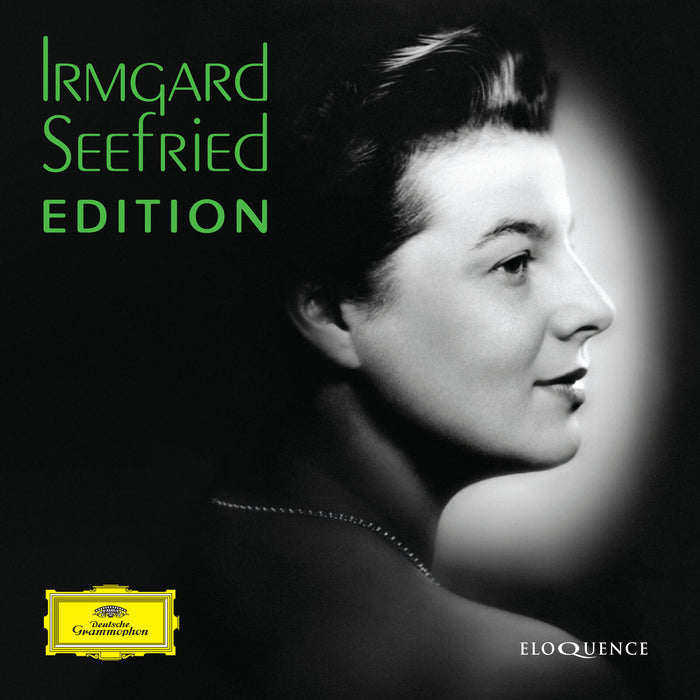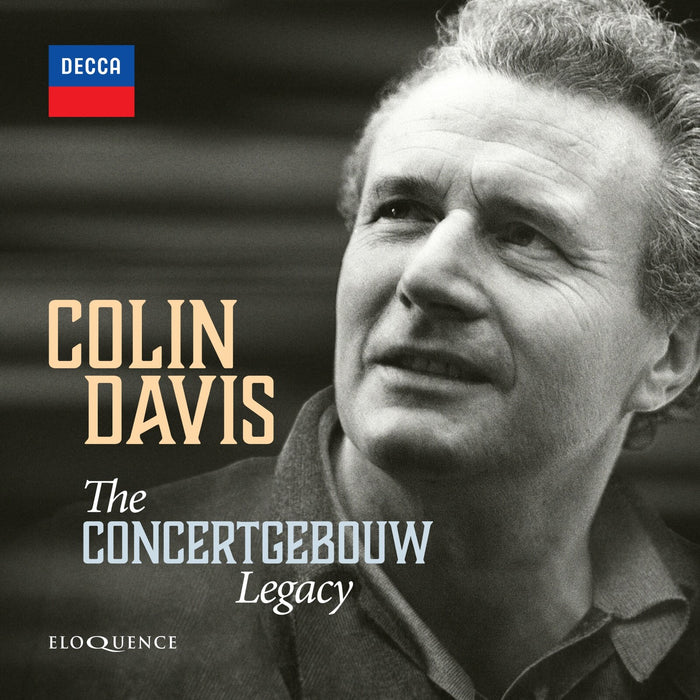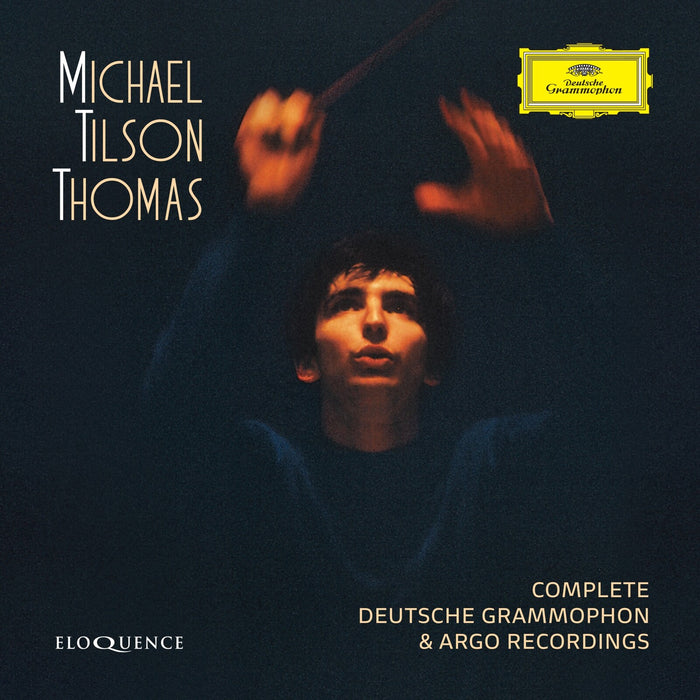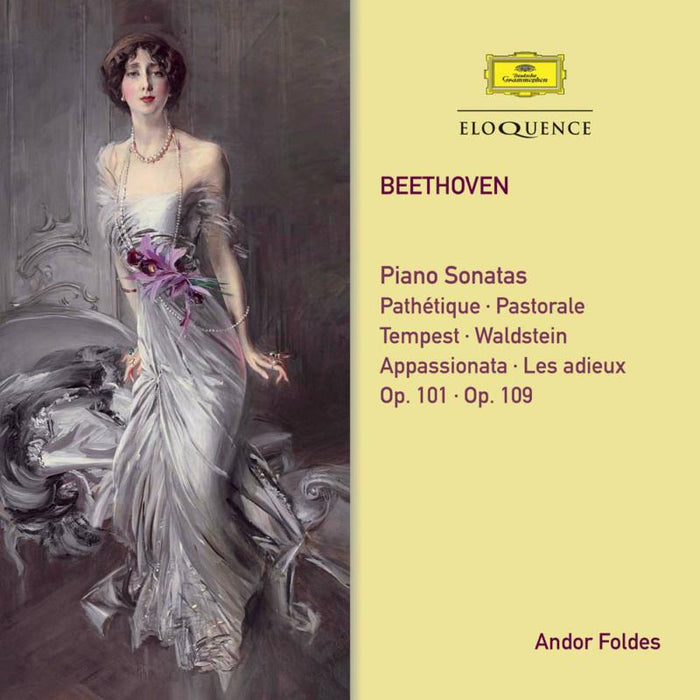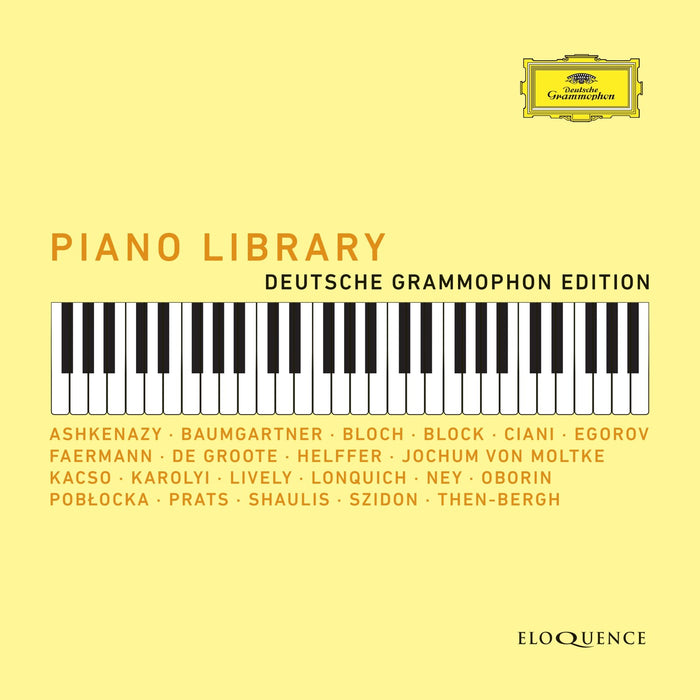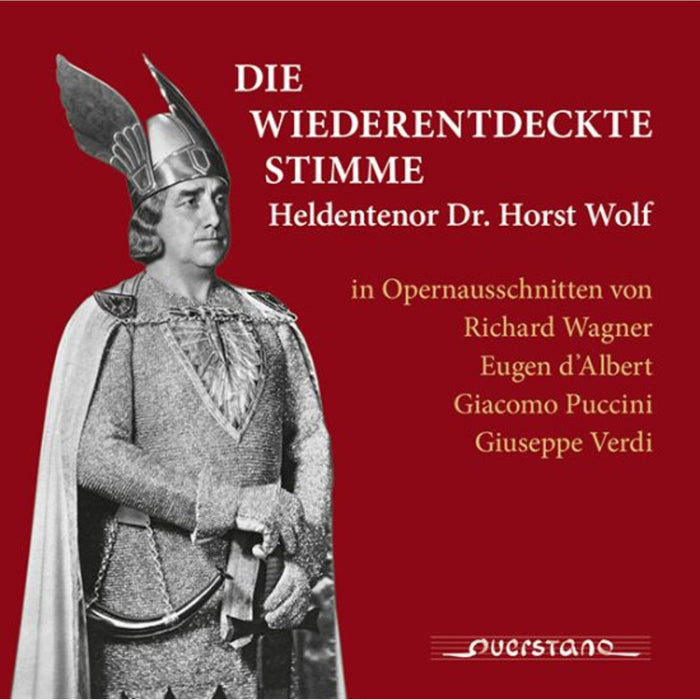Description
Among the many Heldentenors are spoken of in glowing terms, perhaps none has been so unfairly neglected as Jess Thomas. Full-throated and resplendent, not a hint of strain, an amazing array of colours in the voice (from sotto voce to overpowering), he possessed an artistry that was not only a thrill in the theatre but that was beautifully caught in the recording studio – except, his studio recordings are few and far between. The only recital record of note was a showcase of Wagner arias he made with the Berlin Philharmonic (no less) and Walter Born in 1963. This recital appears in its entirety, for the first time internationally on CD, topped and tailed by scenes from Siegfried with Herbert von Karajan and the closing scene from Lohengrin, recorded ‘live’ in Bayreuth with Wolfgang Sawallisch.
Born in 1927 in Hot Springs, South Dakota in the US, Thomas studied psychology at the University of Nebraska, worked for four years as a psychological adviser at a high school, and then embarked on postgraduate studies at Stanford University, California. The professor of singing there, Otto Schulmann, had worked before the war as a répétiteur for Karajan in Ulm; he heard Thomas and encouraged him to pursue a singing career. After studying intensively with Schulmann for three years and making his début in 1957 at San Francisco in the baritone role of Faninal in Der Rosenkavalier, Thomas, like most gifted American singing graduates at the time, gravitated to Germany, the home of his preferred repertoire and a country with many opera houses. He spent three years at the Karlsruhe Opera, where his first role was Lohengrin. His breakthrough in larger houses came when the opera producer Wieland Wagner, the composer’s grandson, cast him both in Parsifal at Bayreuth under Hans Knappertsbusch – with whom Thomas would enjoy some of his most memorable musical experiences – and as Radames in Berlin, under Karl Böhm. Thomas was both linguistically and musically more attracted to the greater depth, as he saw it, of Wagner’s works: ‘Wagner revolutionised the entire world of opera and not only with respect to the music, but above all in the fusion of music and drama’. He began to learn heavier Wagnerian roles such as Tannhäuser, Tristan and Siegfried.
Karajan chose him as his Siegfried in his studio recording of the Ring, he recorded Lohengrin with Kempe and Hans Sachs with Keilberth.



